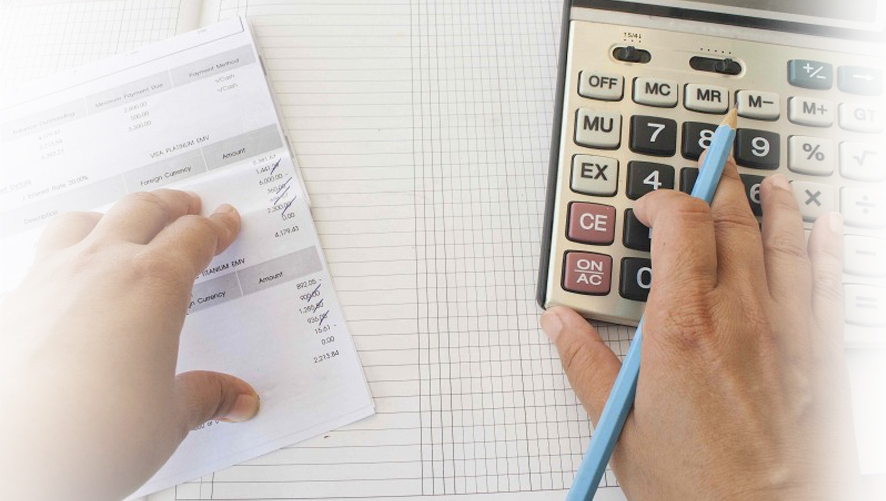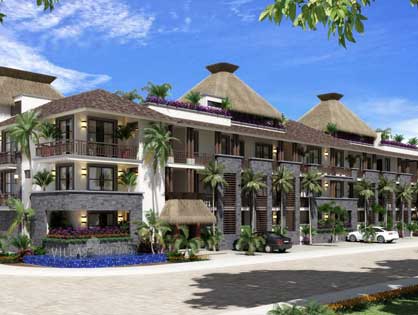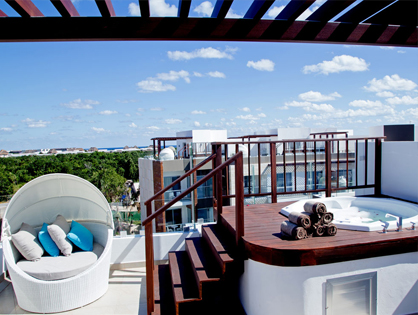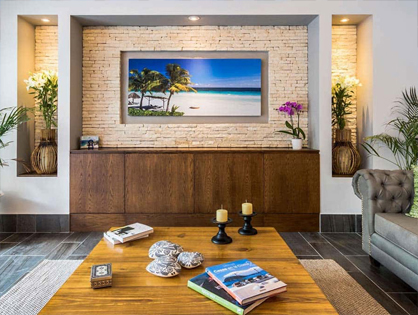
Estimating Rental Property Expenses
Understanding and evaluating the cost of your rental
property is one of the most overlooked yet critical elements to a successful
investment. Rental property investing is a calculated science and should be
treated accordingly.
Accurately estimating your rental property expenses can change your portfolio
from a liability to a well-performing asset. On paper, your investment property
may look great. However, until you strip away the underlying expenses, you won't
know what your actual bottom line is. By overlooking and not accounting for
expenses properly, your rental revenue can become significantly affected.
Therefore, understanding your expenses can have a vital role in your success as
a real estate investor.

Examples of expenses property rentals typically incur
(prices shown are in USD)
*Excluding traditional property acquisition costs
“To expect the unexpected shows a thoroughly modern intellect”
Oscar Wilde
Vacation Rental Management/Property Management Fees:
Depending on your strategy, whether it be RBO (rent by owner) or using a vacation rental management company, will determine the fees you'll have to pay. If you're going to use a vacation rental management company, you can expect the cost to be 20 to 30 percent of your gross rental revenue.
If you decide to manage your rental property, it's essential you choose the right OTA's (Online Travel Agencies). Different rental strategies, owner usage, and volume will determine which plan you subscribe to and help to identify your monthly costs.
To discover more about this subject, please read the blog: 8 Questions to ask your vacation rental management company.
Fideicomiso (Bank Trust)/Mexican Corporation:
If you’re a foreigner, you’ll have to pay a yearly fee for your Fideicomiso. These fees range from $500 to $800 annually. The actual amount depends on the bank you choose to work with. If you’ve opted for a Mexican Corporation, then the cost will be roughly $1,300 per year. The amount covers the cost of your CPA (accountant) preparing 12 monthly tax filings and one annual filing.
Accounting/Bookkeeping:
If you’ve decided to operate your rental property on your own, then you’ll need to hire a CPA to facilitate your cash flows. Even more so, if you’re a foreigner, you’ll need help with foreign tax implications. A cross border accountant will typically run you from $160 - $350 per month.
Income Tax:
As the old saying goes “There are only two things certain in life: death and taxes.” - Benjamin Franklin. Most people tend to look at the potential revenue their rental property can generate without taking into consideration their income tax on that profit. You should speak with your local accountant as Mexico offers many tax reduction strategies for both nationals and foreigners.
HOA fees:
Your Homeowners Association fees are a monthly cost that cover your building’s maintenance such as; landscaping, pool cleaning, security, common areas, HOA reserve and more. In the Riviera Maya, the rule of thumb is, your monthly HOA fees should cost roughly $100 per every $100,000 you spent on the purchase. For example, say you purchase a condo for $250,000. That means your monthly HOA fees should cost about $250 per month.
Property taxes:
Property taxes in Mexico are laughable compared to property taxes in the U.S. Depending on where you reside in the U.S. taxes can reach up to 2.5%, in some areas of Canada they are 3.4%. Here in the Riviera Maya, annual property taxes are 1/10th of 1%. For example, if you purchase a $300,000 condo, your property taxes will be $300 per year. Even better than this, is the chance to get a 30% discount on your property taxes if you pre-pay.
Insurance:
There are many types of insurance policies you can get for your property. In this region of the world, I only suggest getting one of the three below, in addition to content insurance, which is the least costly and most important.
Content Insurance:
Covers the contents inside of your property. You can find policies that cover theft as well as damage from a fire or flood. Monthly costs can vary depending on the value of the contents inside.
Title Insurance:
In most cases, title insurance is another unnecessary cost you don’t have to assume. If you purchased your property and used all of the recommended channels, then you had different entities conducting due diligence on your property; Brokerage, Attorney, Bank, and Notary.
Hurricane Insurance:
Can get very expensive. With the quality of construction (Miami Dade County building code) and materials used (Concrete Block and Rebar), there’s no need for hurricane insurance. As previously mentioned, your building should have an HOA reserve in the case there's an “act of God” natural phenomenon, and the building needs repair.
Renter’s Insurance:
If you’ve chosen to work with a vacation rental management company, you won’t need this, because they provide rental insurance.
Services:
Next, you'll want to decide which services to provide your renters. Once you’ve decided on the services to offer, you should get quotes from at least two providers for the cost of installation and monthly fees. The main services to provide your renters are:
● Wireless Internet
● Cable / Streaming service (Sky, Direct TV, Apple TV, Netflix, Amazon Prime)
● Phone - Land Line (International)
Vacancy/Owner Occupancy:
Yes, vacancy is a cost and can be a big one and so is the personal use of your unit. You’ll need to adjust your mindset and think, vacancy is costing me money, along with your vacation time. While your property is not rented in such cases as owner occupancy, in between renters, or during repairs; you´re still paying for ongoing expenses For some investors, they even seek out cheaper rental options to generate income while vacationing.
Capital Expenditures:
A capital expenditure is a cost of replacing a “big ticket item” in your property, such as; furniture, appliances, water heater, A/C, painting, etc.
Utilities:
Your utility costs can differ for each property. Is there a gas or electric stove? Gas or electric water heater? Does it have a washer and dryer? Does the development have a well, or are they using potable water? Either way, you’ll need to inquire with your rental specialist to determine these costs.
● Gas
● Electric
● Water
Miscellaneous:
I always like to prepare for the unknown. That being said, account for your miscellaneous costs at about 10%. You never know what charges could pop up and it's always better to be safe than sorry.
There you have it. Before pulling the trigger on your next rental property be sure to include all of the above mentioned expenses to prepare your financial models and assess your potential rental returns. Now get out there and find the perfect rental property that’s going to bring you one step closer to financial freedom.
Latest Posts
Contact us
Ryan Gravel

Ryan Gravel is an American real estate broker and developer. He began his career at a young
age working for his family owned construction company.
After graduating college at the University of Central Florida with a degree in business,
Ryan set out to find untapped prolific markets around the world. His search landed him in
Playa del Carmen, Mexico where he founded Virgin Realty Mexico and co-founded the Saatal
Development Group one of the fastest growing development companies in the Riviera Maya.
With extensive market knowledge, professionalism, etiquette, innovation and integrity Ryan
is known as one of the most highly respected real estate advisors in the region.





